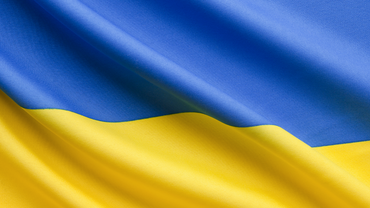Information to guide individual health assessment of refugees from Ukraine
ECDC, UNHCR, WHO, and the International Organization for Migration (IOM) provide common guidance for individual health assessment of refugees from Ukraine.
Concerted efforts by ECDC, the United Nations High Commissioner for Refugees (UNHCR), the World Health Organization (WHO), and the International Organization for Migration (IOM) have resulted in a document aimed to provide information to guide individual health assessment carried out by frontline health providers at border areas, reception centres, transit centres and individual clinics as well as national public health agencies/authorities in countries receiving refugees and third country nationals.
The document addresses the following issues:
- Immediate response
- COVID-19 (vaccination status, assessment of symptoms, and triage)
- Vaccine preventable diseases (screening of new arrivals, provision of information on influenza)
- HIV and tuberculosis
- Non-Communicable Diseases
- Mental health & psychosocial Support
- Sexual and reproductive health including HIV and gender-based violence
- Child health
- Nutrition
- Persons with disabilities and rehabilitation.
Since the onset of Russia's aggression towards Ukraine, ECDC has been directly involved in multiple international activities aimed at supporting the displaced people from Ukraine.
On the ground, ECDC staff joined the multidisciplinary team of international organisations in Poland that was set up to provide support to local authorities.
Read the guidance
Surveillance and monitoring
Information to guide individual health assessment of refugees fleeing the war in Ukraine - Considerations for healthcare workers
This document aims to provide information to guide individual health assessment carried out by frontline health providers to refugees fleeing Ukraine.







